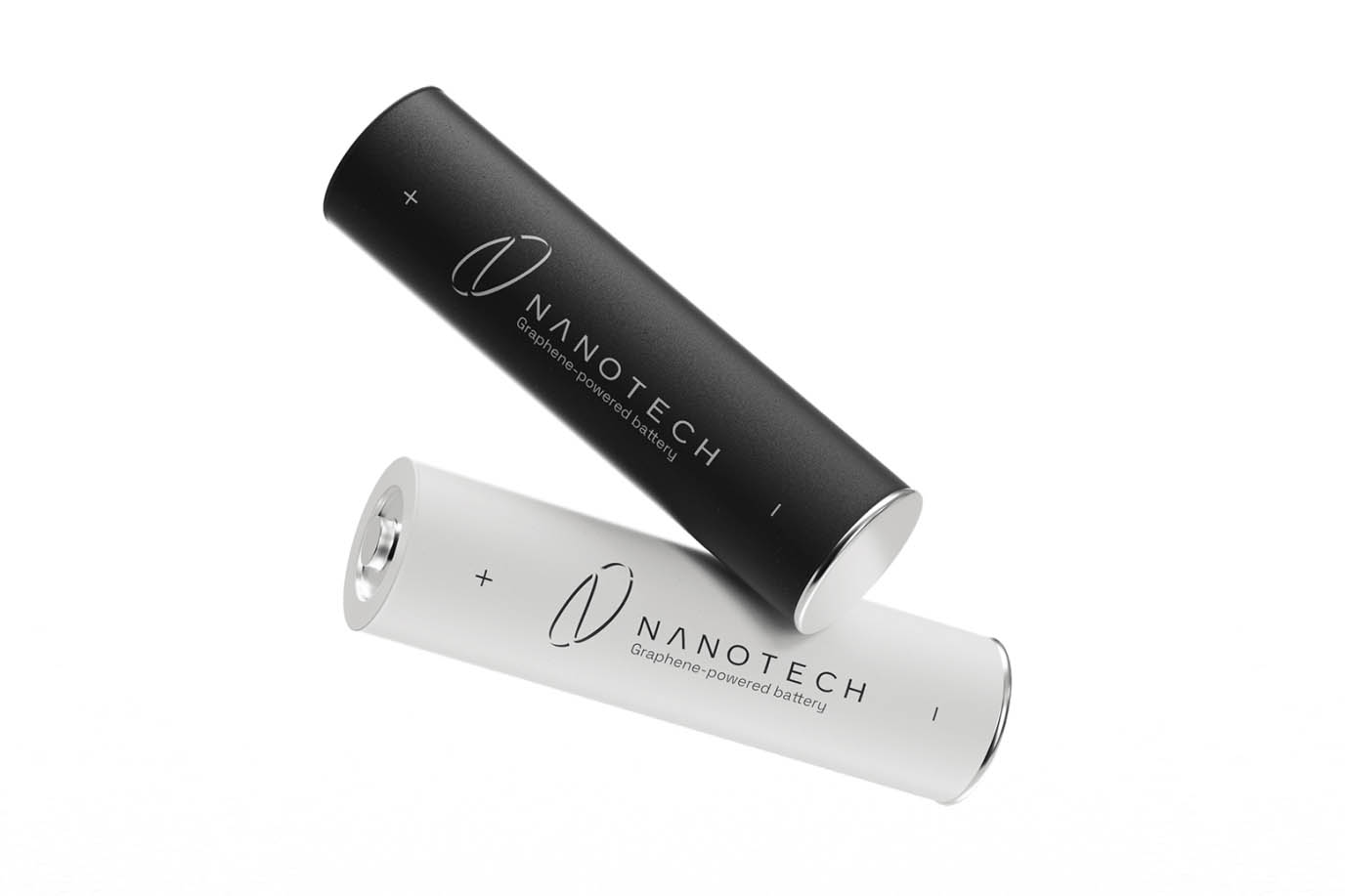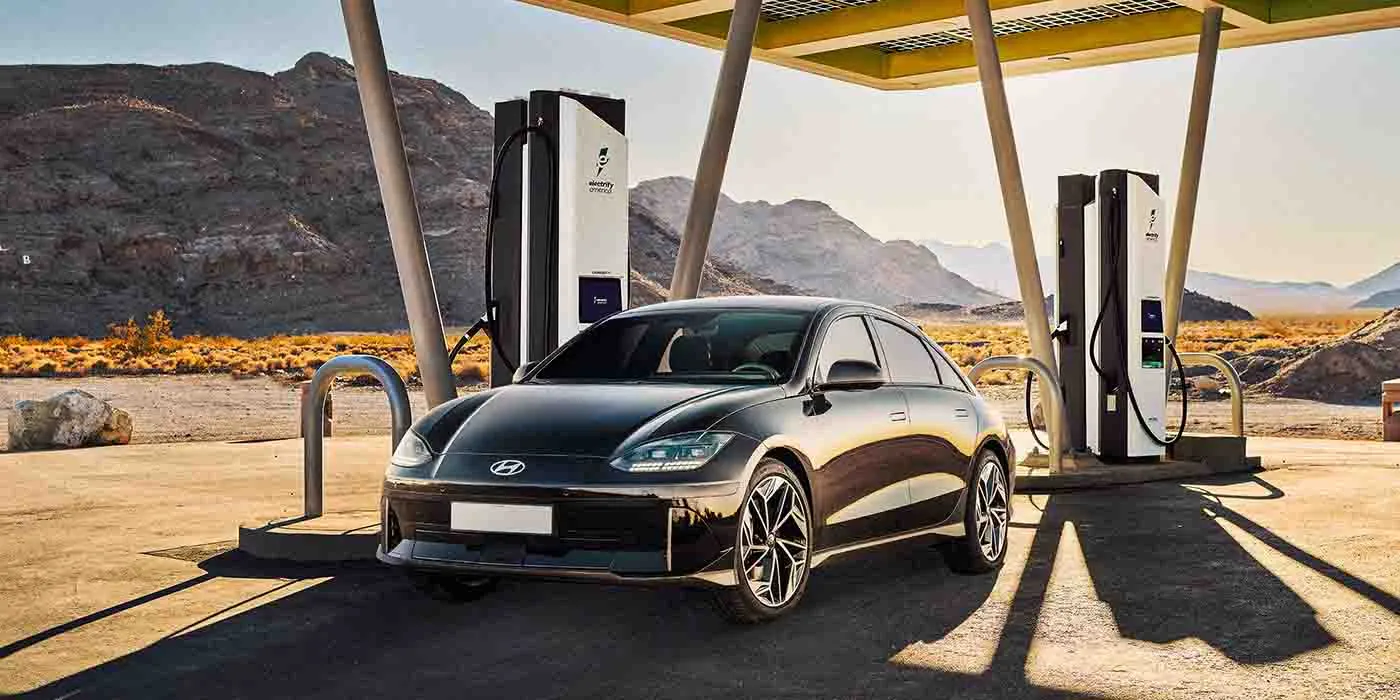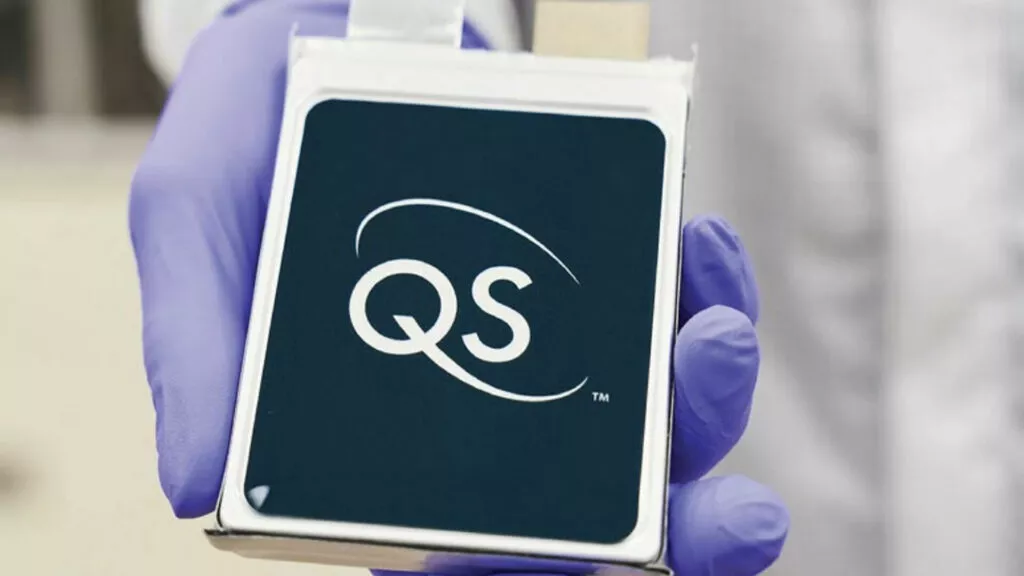Nanotech Energy has introduced an innovative 18650 lithium-ion battery, setting it apart from conventional counterparts by incorporating graphene and a proprietary non-flammable electrolyte. This distinctive feature ensures the battery’s safety, mitigating the risk of fire or explosions under stress, thereby making it a promising option for electric vehicles (EVs), e-scooters, power banks, and various electronic devices.
While lithium-ion batteries are widely used due to their high power density and ability to store considerable energy in a compact space, they are susceptible to issues such as overcharging, pressure, and heat. The liquid electrolyte used in traditional lithium cells is highly flammable, and incidents of spontaneous fires can occur when the separator fails to keep the positive and negative elements apart.
See also: Nanotech Energy Plans £1 Billion UK Gigafactory for Non-Flammable Lithium-Ion Batteries
The safety concerns associated with lithium-ion batteries have been particularly notable in electric vehicles, with incidents of fires causing injuries and property damage. Traditional firefighting methods often struggle to control lithium fires, making it crucial for consumers to prioritize safety measures, including functioning fire alarms in their homes.
Nanotech Energy’s lithium-ion batteries, produced in the United States, feature a design that allows them to operate in a temperature range from -40°F to 140°F (-40°C to +60°C). Impressively, these cells are resistant to catching fire up to 356°F (180°C). The company offers flexibility in battery sizes to cater to the needs of commercial users, with partner Voltaplex currently accepting 18650 pre-orders.
See also: Panasonic Secures Silicon Anode Material Deal with Sila Nanotechnologies
This advancement in lithium-ion battery technology not only opens up new possibilities for safer and more reliable energy storage but also addresses concerns related to the potential hazards associated with traditional lithium cells.







